Philosophy of Statistics
Publisher Summary Philosophy has a broader scope than the specific sciences. It is concerned with general principles and issues. âStatisticsâ is a specific branch of knowledge that, among many other activities, includes addressing reliable ways of gathering data and making inferences based on them. Statisticians are interested in knowing which tools to use and what mechanisms to employ in making and correcting inferences. This chapter presents papers from various fields of expertise, which include philosophy, statistics, mathematics, computer science, economics, ecology, electrical engineering, epidemiology, and geo-science. The issues considered include the following: the causal inference in observational studies; the recent advances in model selection criteria; such foundational questions as âacceptance of the likelihood principle (LP)â and âconditional probabilityâ; the nature of statistical/probabilistic paradoxes, the problems associated with understanding the notion of randomness, the Stein phenomenon, general problems in data mining, and a number of applied and historical issues in probability and statistics. Four statistical paradigms discussed are: classical statistics or error statistics, Bayesian statistics, likelihood-based statistics, and the Akaikean-Information Criterion-based statistics.
{{comment.content}}
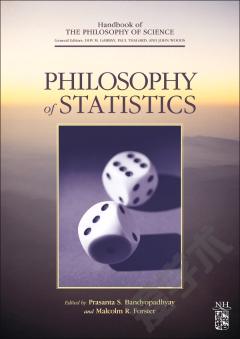
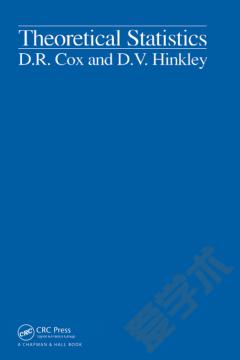
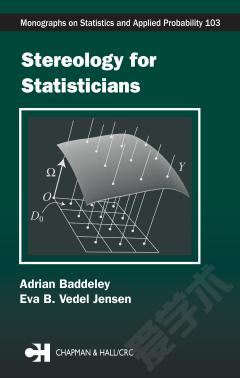
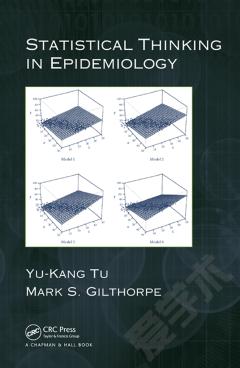
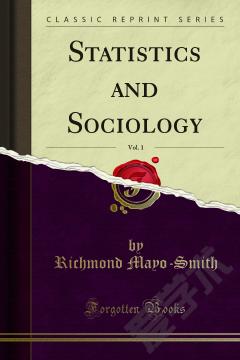



 京公网安备 11010802027623号
京公网安备 11010802027623号